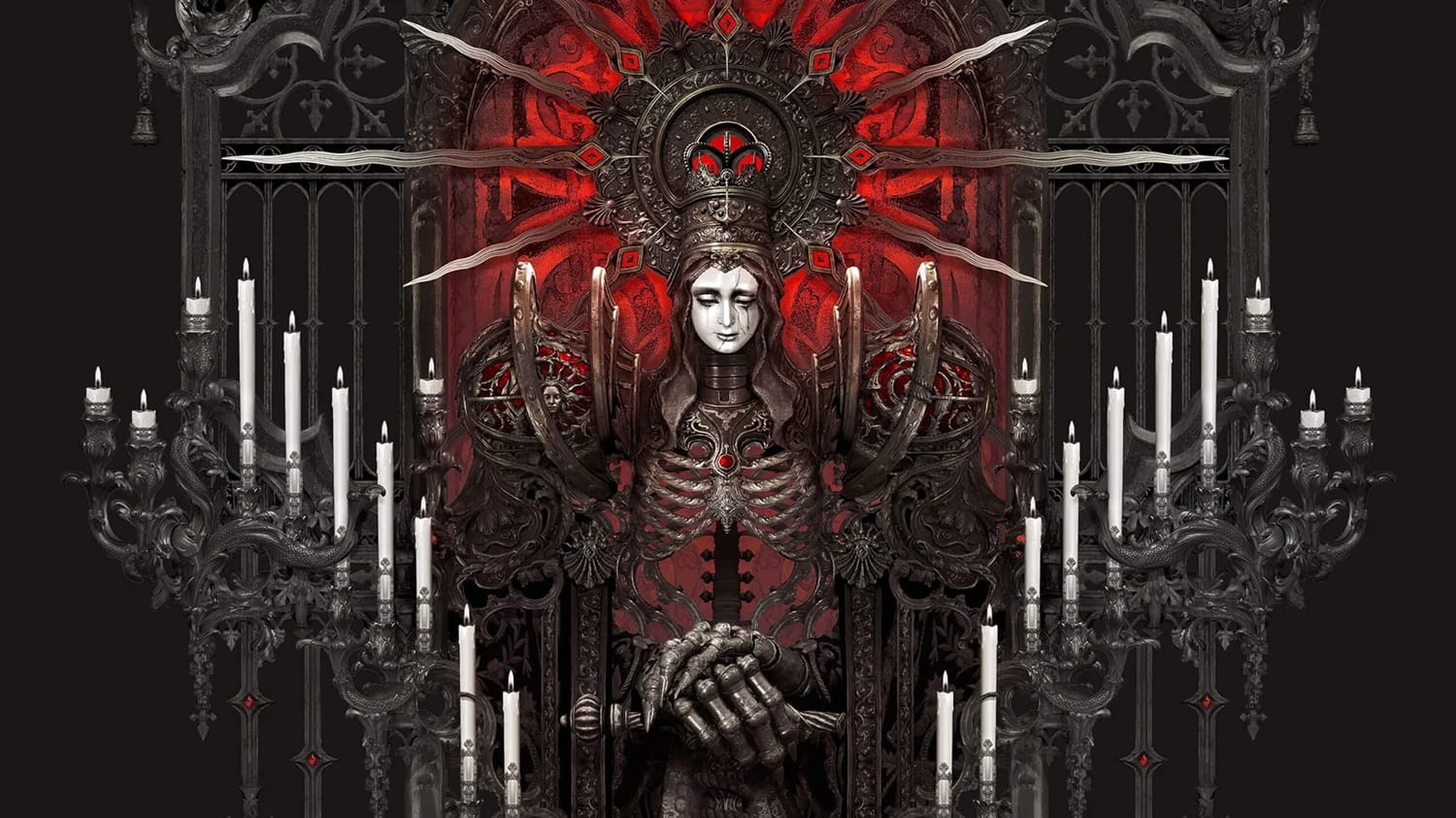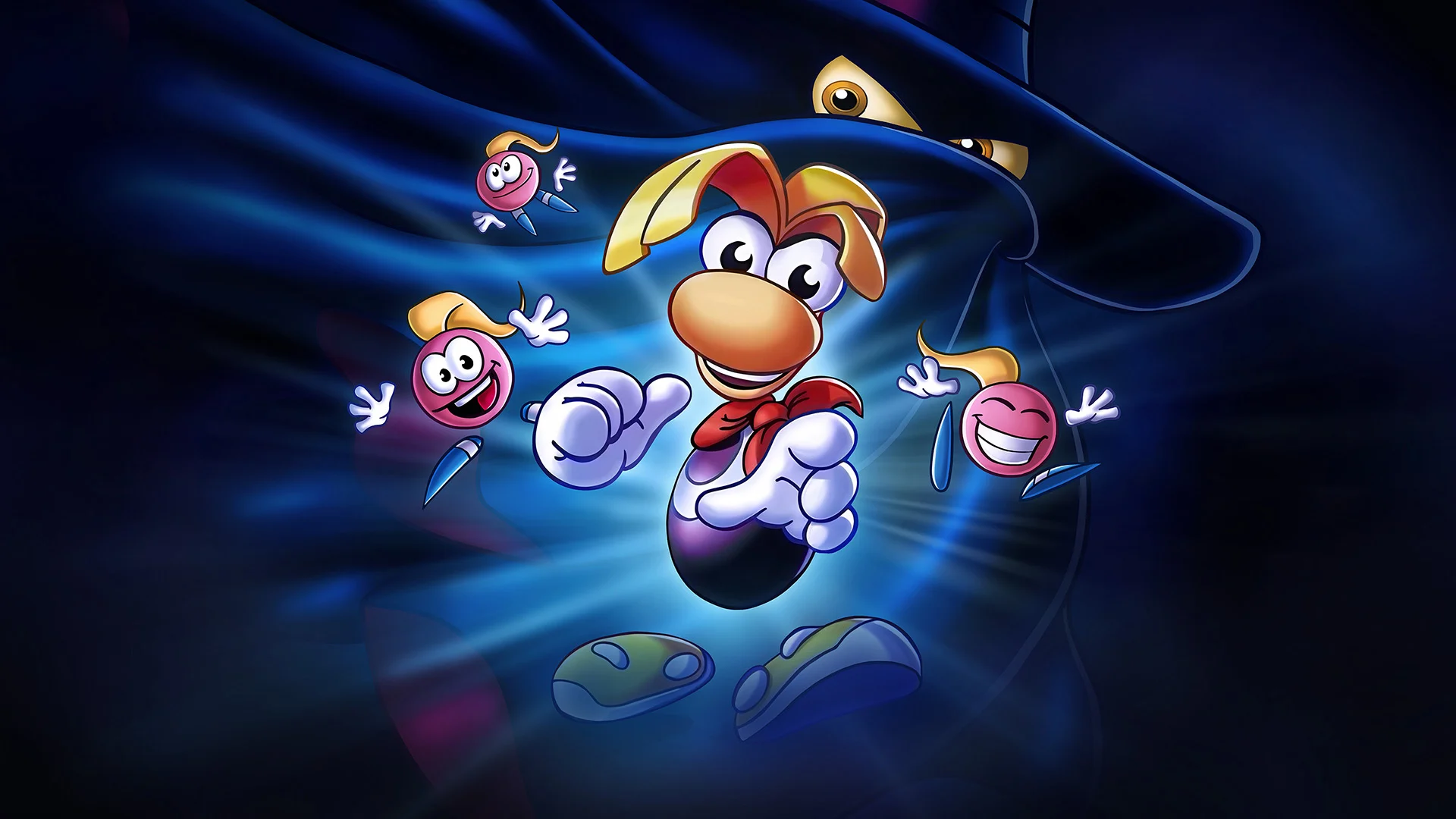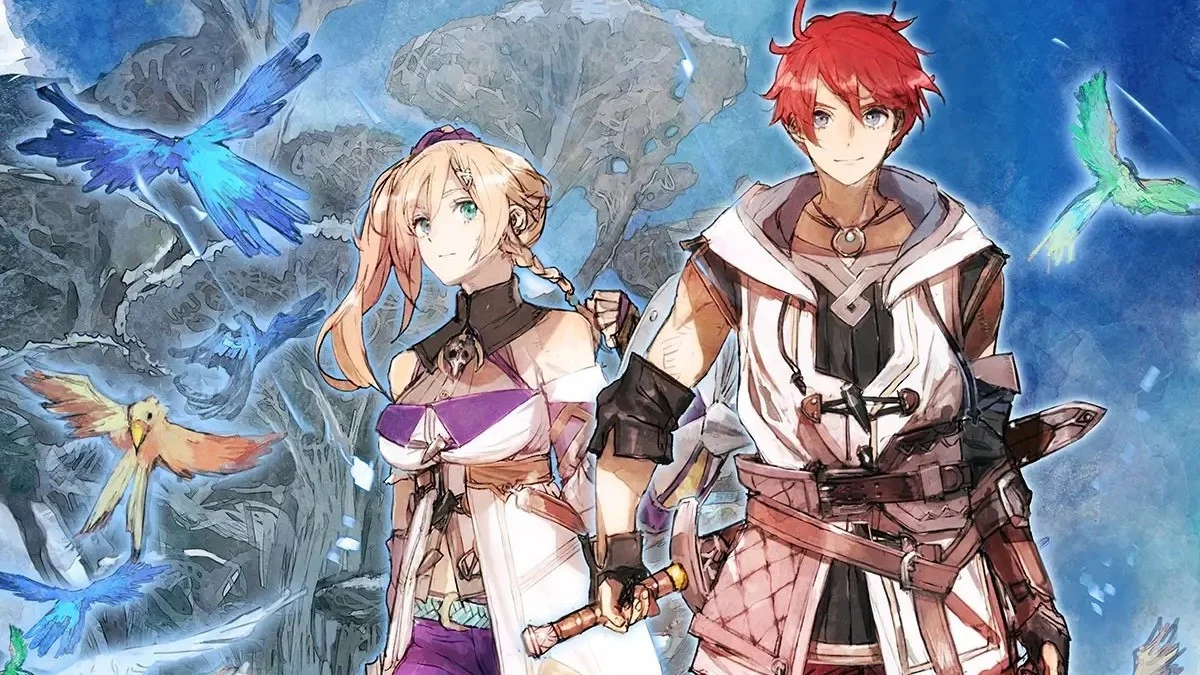French developer Spiders is one of those AA developers you keep seeing games from every now and then. They consistently put out extremely ambitious role-playing titles that have huge scopes, but never quite hit the mark. While their last game, The Technomancer, certainly was nothing to write home about, failing to impress in any of the things it attempted to do, their latest attempt, Greedfall, starts out extremely strong, featuring one of the best concepts in paper that I’ve seen this year, but eventually settles into a fairly by the book pace that never quite picks up.
Greedfall’s premise is by far its best aspect, as you star as De Sarded, the niece (or nephew) of the ruling figure of the Congregation of Merchants, an European-ish country in a world much like ours during the 16th century, the age of discovery and by golly, exploitation. Its rival nations, the Middle Eastern-inspired Bridge Alliance and an amalgam of the Catholic Church and Inquisition at the time, Théleme, are at war with one another, but both have an amicable relationship with your country. All three are keen on exploring the recently discovered haven, the island of Teer Fradee, which just might hold the cure to a terrible disease that’s spreading across the old continent, the main reason behind you being shipped there, outside of helping your cousin settle into the governor’s chair there.

Nothing in Greedfall is black and white, and the shades of gray will range wildly as you play the game. Your decisions will eventually shape the way the three countries see one another once you start taking missions and messing around in the new territory after a fairly boring introductory section that carelessly teaches you the basic while you’re fiddling around at home base, the city of Serene before boarding the boat… I mean ship out to the new world. People are very particular about the naming convention of vessels in this game, especially the Nauts, a secondary faction that has a grizzly backstory and who controls all the naval business across all the nations in power.
The game plays just like Mass Effect and other third-person adventure games, down to the way your party is composed by you and two other characters, and how you can make use of their specific skills in order to get a leg up in certain situations. You can freely change your party makeup in camp or at save points, so it’s always easy to take whoever you need wherever you are going. The politics behind the events in Greedfall are another one of its highlights, as it deals with many of the world matters from that specific period of time, even if the countries at play are fictional, real life issues like colonization and forced conversion of religion and culture, as well as the strong corruption that follows a domination force that spreads across a region unchecked are dealt, such as it actually happened in the Americas, Asia and Africa during that period. The local tribes of Teer Fradee are fascinating, and even within the same spectrum there are various subcultures and differences among them, showing a lot of depth in the overall writing of the game, especially in the way each of them deals with the invaders, as some choose to cooperate instead of fighting back, for instance.

The mission writing is a part of Greedfall that sees a really surprising amount of care and detail, even if the execution leaves somewhat to be desired. At the outset, I was very excited and interested in keeping up with all the lore and dialogue, especially when it came to the natives of Teer Fradee and their backstory, but after sixteen or so hours of running around back and forth and partaking in boring and repetitive combat with the same bear/wolf/wolverine things in the woods, I was mashing my way through exchanges in order to get things going. The problem with Greedfall is that its gameplay gets in the way of everything, and thanks to a pretty mediocre execution, one of the main reasons why Spiders’ previous games usually fall short, I just didn’t have the power in me to see things through. I feel slightly ashamed to admit that during one of my playthroughs covering the game, I actually fell asleep holding my controller, only to wake up minutes later after it had been automatically deactivated by my PlayStation 4.
I don’t want to seem disrespectful to Greedfall and the small team at Spiders for the amount of care and love that went into the making of this game by mentioning that episode, but it’s the first time it ever happened to me while playing a videogame. In fact, I wanted to bring up quite the opposite, and hail Spiders for their continued tenacity in programming and developing games like this that are immense in scope, but that they ultimately fail way to see through to the end. That in no way means that Greedfall is a terrible experience, but it’s certainly one that could see more polish, more variety, even if that means having to sacrifice some of the cope in order to have a rounder experience.

In fact, I think Spiders has the talent to create games that can break outside of the mold set by Bioware and other AAA studios for the action adventure genre. Their continued insistence in trying to break into that convention with their own creations is in continual evolution with each release for sure, but there’s worth in looking outside the box that they built for themselves. Greedfall is satisfactorily built in that limited set of rules when it comes to its character building, allowing you to break off from the three archetypes — the three “ishes”, that is, warrior-ish, rogue-ish and mage-ish — at any point, and by having a quest structure with lots to do outside of the main story, and even romance options just like Mass Effect, but just like every other area in the game, each of these are hampered by the lackluster execution, be it the mere fact that the team is limited when it comes to what they can do for any specific part, or because of how little it tries to break off from the established norm.
There are other areas where Greedfall really shines. The island where most of the game takes place in is quite beautiful, even if the visual variety isn’t really quite there during exploration. The lighting model is quite striking, leading to a lot of screenshot-worthy sunsets that are really good looking. Character models, on the other hand, are something else entirely. They range from decent looking to downright ugly, and thanks to some questionable animation quality, especially in the lip synch department, the uncanny valley effect is just jarring while playing this game. On the other hand, the voice acting and musical score are quite excellent for the most part, even if the amount of voice actors in hand and compositions aren’t too numerous, the little that there are here serve their purpose really well. I would’ve preferred to have a lot more battle screams from my teammates so they wouldn’t repeat the same lines over and over, though. I’ll probably hear Vasco’s bit about poison in his blade in my dreams for months after playing this game.

Then there are the bugs, which unfortunately are plenty in this game, ranging from not too annoying and frankly hilarious ones like objects floating and T-posing NPCs to the behavioral enemy script simply breaking during action scenes, leading groups of thugs waiting and totally missing their cue to break into action multiple times, only doing so after reloading the game or approaching them repeatedly. And don’t get me started on the many typos that Greedfall manages to invent the most creative spellings to totally common words that would have easily been caught by a spell checker. There’s also an issue that I ran across during the first few hours of the game where a few NPCs I talked to misgendered my main protagonist, calling her a he and giving her the wrong title when approaching her. That eventually stopped happening as I left port and sailed for the island, though, but was weird in the same way, given how you are free to pick from a man or a woman at the outset of the game while creating your character.
My greatest hope is that Spiders’ inevitable next project manages to have a better development than Greedfall, leading to a more fun game to play. Given the success and positive word-to-mouth surrounding it, I really think that the team has a chance to hit it big if they take this opportunity to try and get something a little different system-wise off the ground. I hate to use this word to describe anything since it usually carries no meaning, but I can’t find any other that encapsulates my opinion of Greedfall: it is easily one of the most interesting games I played all year. That doesn’t translate into one of the best, however. It’s quite the opposite, but unlike what I would in any other case call, well, bad, I believe that that moniker doesn’t aptly describe Greedfall. All in all, it’s a game that doesn’t fulfill its promise and can’t by no means be measured by a sum of its parts, due to the fact that it’s put together in such a weird manner, resulting in an uneven and frankly puzzling gaming experience that falls short out of its development team’s undeniably laudable ambition.




